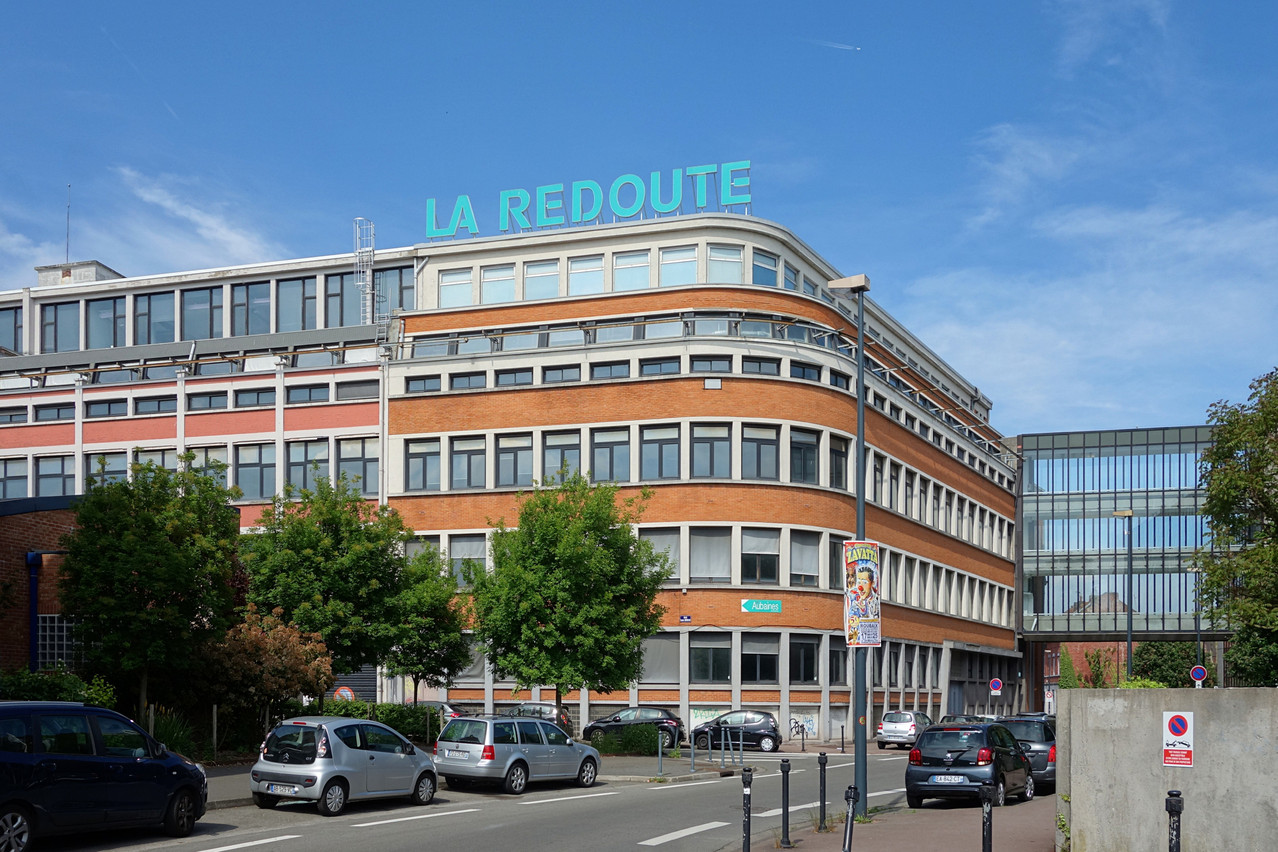The thousand or so employees of retail company La Redoute who invested in the revival of the French company in 2014 will be able to share a handsome sum of €100m. They had taken shares via a corporate mutual funds (fonds commun de placement d’entreprise), averaging around €100 each. Nine years later, their company turned around and was bought by Galeries Lafayette. The value of their shares has increased by a factor of 1,000, but they will not be able to touch the money until they retire. Another element to take into account: unlike the executives, the employees had been capped at €160 for the initial investment, according to La Voix du Nord.
No Luxembourg data
In France, 1.3% of companies with 10 or more employees had set up an employee share ownership scheme and 600,000 people benefited from it in 2020, . And in Luxembourg? Neither Statec, nor the ministry of labour, nor the Idea Foundation, nor the Chamber of Commerce, nor the Union of Luxembourg Companies could provide data.
A has figures for the grand duchy, but it only covers 14 companies. “The numbers concerning Luxembourg are not significant,” admits Marc Mathieu, secretary general. To draw up this document, the federation based itself on the annual reports of all listed European companies with a capitalisation of €200m or more and of unlisted companies with at least 100 employees, and in which employees hold 50% or more of the shares. “Companies of this size generally publish full reports.” In Luxembourg, only companies in the first category were considered and not all of them “can be considered Luxembourgish”, such as L’Occitane International. Others are missing from the list, such as ArcelorMittal, which exceeds the minimum valuation. This is because it is listed in Amsterdam and is therefore included in Dutch statistics.
Only possibility: the participation premium
94% of the 14 companies studied have employee share plans. This means 2,357 employee shareholders, including 71 managers. However, the latter could hold €118m each on average, compared to €29,205 for the employees. These figures do not allow any conclusions to be drawn. “To our knowledge, Luxembourg has never adopted appropriate legislation, unless we are talking about stock options.”
This scheme was abolished in 2021 and replaced by the “participatory bonus,” because some abused the scheme. The employer now can allocate up to 5% of its positive result to its employees. This income is then 50% tax-exempt.
“With this year's budget, an extension of the scope of calculation was proposed. Companies will be allowed to consider, for the 5% limit, the sum of the results of the members of a fiscally integrated group, instead of that of the financial year per individual company,” the finance ministry says.
Apart from that, capital gains on the sale of shares are taxed as income, at a progressive rate of up to 42%. This does not apply to capital gains of less than €500, which are exempt, or from holdings held for more than six months and representing less than 10% of the capital over the last five years.
45% employee shareholders at Auchan Luxembourg
Nothing prevents a company from selling shares to its managers or employees. But “if we want to encourage this, we need tax incentives,” notes Mathieu. “As a shareholder, the employee wants the company to work. It is beneficial for the company and for the economy.”
Auchan Luxembourg, for example, gives its employees the opportunity to invest in its capital. “Subscriptions are open for three weeks, every year in March, after the announcement of the new share value.” In 2022, it was set at €6.25. Everyone can invest up to 25% of their gross annual salary. “Almost 45% of employees are shareholders.” They can release their shares “at any time,” with the exception of those offered at the time of the first subscription, which are blocked for five years (except in the event of overindebtedness, death of the spouse, departure from the company, birth of a second child or purchase of a principal residence).
ArcelorMittal and RTL Group (which was one of the 14 companies in the EFES study) indicated that they did not have such a policy in place.
Some companies have already been taken over by their managers, in the course of a management buy-out (MBO), such as Soludec.
A demand from start-ups, not on the political agenda
“Employee share ownership is not widespread in Luxembourg, because it is complicated to set up,” confirms , president of Startups.lu. The lack of tax incentives is not the only reason. “As a company, it is difficult to find an expert to advise us on how to set this up.” If a startup wants to offer shares, to provide an “attractive package” in the face of competition from larger companies, “this can be seen as hidden income. There are no clear schemes like in neighbouring countries--Luxembourg is lagging.”
Apart from the participatory bonus, based on profits... “find a startup that makes money in the first few years,” Kersten ironises. The implementation of a specific shareholding plan for start-ups is thus one of the demands of Startups.lu.
So does the country intend to develop employee share ownership? “A conference was organised a few years ago. There were fears and a certain scepticism, especially from the trade unions,” answers the labour ministry, not least because of negative experiences in companies where shares had lost value. “It has also been used to moderate wages,” says Frédéric Krier of the OGBL.
“The implementation of such a principle would take a long time. For the time being, there are no plans to put the subject on the political agenda,” the ministry concludes.
This story was first published in French on . It has been translated and edited for Delano.
